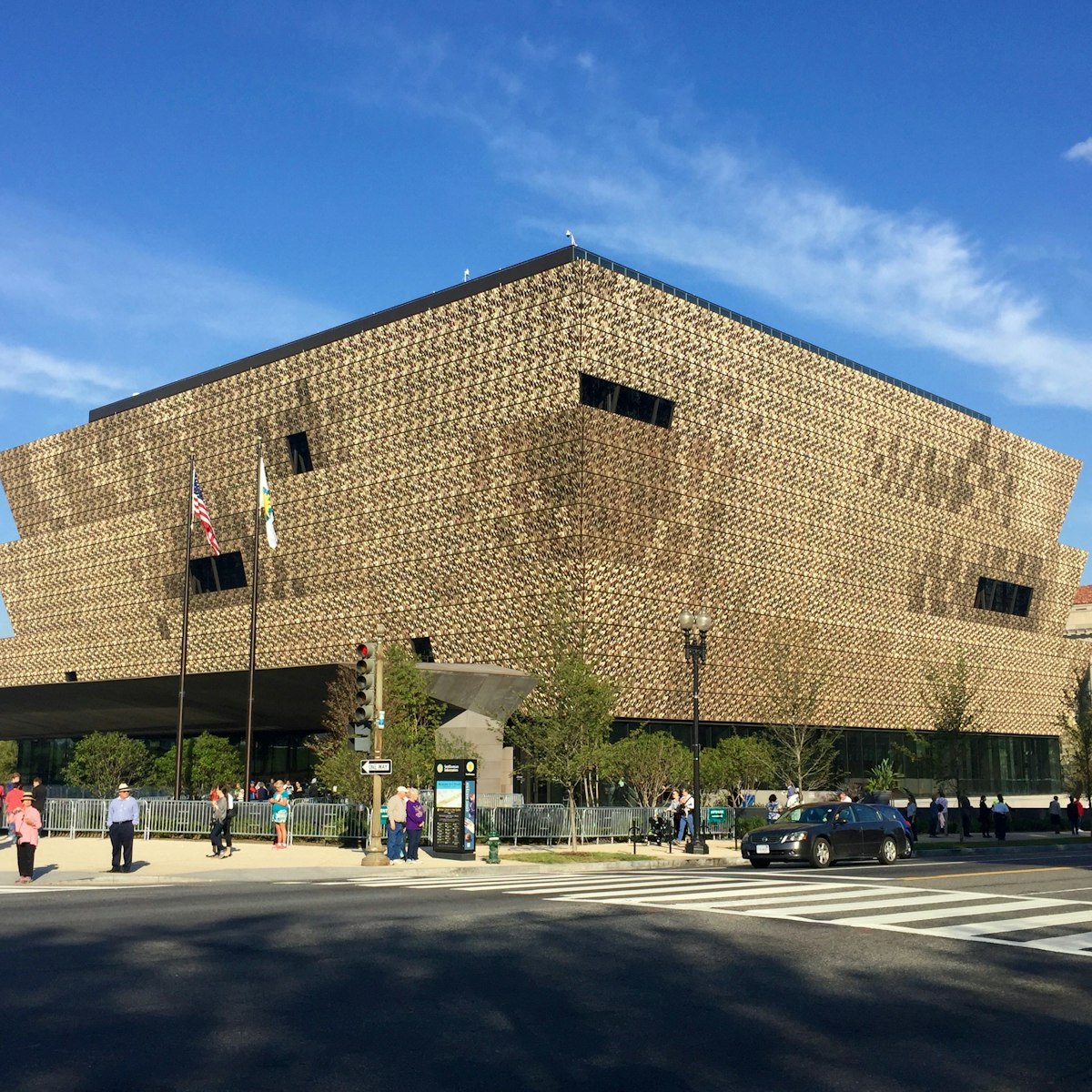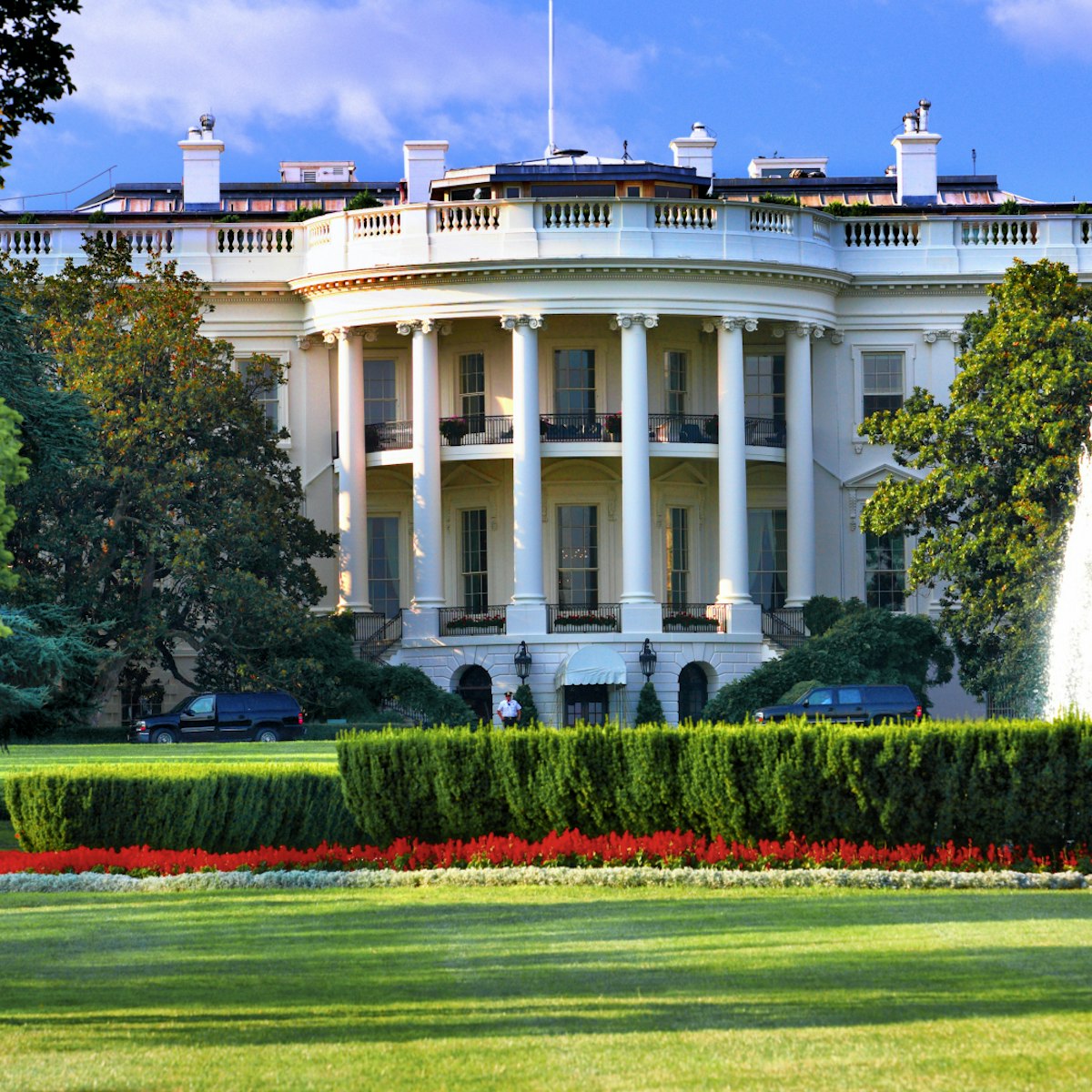In a city of classic, white-marble monuments, the Vietnam Veterans Memorial stands out on the National Mall for its stark modernism. Designed by 21-year-old Maya Linn and dedicated in 1982, its two black, 246-foot-long, granite wedges cut into the earth, symbolizing a healing wound.
On its dark, shiny face, the half-inch-high names of 58,318 Americans are etched in order of casualty, beginning in 1959 and ending in 1975. Every day, hundreds of people slowly walk along its length, taking in the names, some leaving flowers, teddy bears, flags, beer steins and other items for their lost loved ones.Ã˝Ã˝
History of the Vietnam Veterans Memorial
When American soldiers returned home from the Vietnam War, they did not receive a hero’s welcome, instead they were often ignored or insulted. One of the soldiers, Jan Scruggs, who was involved in a postwar research study looking at the psychological consequences of serving in Vietnam, proposed the idea of a national memorial to send the message that their sacrifices were honorable. “Our country needed something symbolic to help heal our wounds,” he said.
He rallied support, forged partnerships, fundraised and pushed the idea—including getting senators involved to ferry two bills through Congress. At last, President Jimmy Carter signed the legislation in 1980, authorizing the memorial to be built on the federally owned National Mall.
A design competition was held, and of more than 1,400 submissions, the winner was Maya Ying Lin, a senior at Yale University. She envisioned creating a quiet, reflective park within Constitution Gardens, with the mirror-like surface of the memorial reflecting surrounding trees, monuments and viewers. The walls point to the Washington Monument and Lincoln Memorial, providing historical context. And she decided the names should be inscribed in chronological rather than alphabetical order; in this way, a veteran could locate his or her time of service on the wall, and those who died together would remain together.
Not everyone supported the design. A national controversy ensued, as many desired a more grandiose monument, with statues and columns to align with other memorials on the Mall. And they didn’t like the fact that Lin was so young. One group of protesting veterans stated it was an ugly insult. “For too long the veterans of that miserable conflict have borne the burden of the national ambivalence about the war,” one critic wrote. “To bury them now in a black stone sarcophagus, sunk into a hollow in the earth below eye level, is like spitting on their graves.”
The U.S. Commission of Fine Arts, in charge of the design, compromised. They kept Lin‚Äôs design, and added a sculpture of ‚ÄúThree Soldiers,‚Äù which had won third place in the competition.Ã˝The dedication took place in November 1982, including a vigil at the National Cathedral, a grand parade featuring marching veterans, workshops, parties and reunions. ‚ÄúIt was like a Woodstock atmosphere in Washington for those who had served in Vietnam,‚Äù Scruggs said.Ã˝
A statue honoring women‚Äôs military service was added in 1993. It portrays three women caring for a fallen soldier; the names of eight women who died in Vietnam are included in the list on the Wall.Ã˝The goal was to create a memorial to honor Vietnam veterans, with the added tribute of engraving the names of those who did not return. With its contemplative silence and the reverence of the hallowed space, the memorial has succeeded.Ã˝
How to find a name on the Vietnam Veterans Memorial?
Printed registries are available at the memorial for those who want to find a specific person. Park rangers are on hand to answer questions.Ã˝
The National Park Service collects the items that people leave at the wall. You can’t see the collection in person, but you can view nearly 500 of them online at .
How to get to the Vietnam Veterans Memorial
You‚Äôll find it on the National Mall‚Äôs northwest side, between the World War II Memorial and the Lincoln Memorial, just across the street from the National Academy of Sciences. It's open 24 hours a day,Ã˝365 days a year and entry is free.Ã˝
By public transport, you should get off at Foggy Bottom or Federal Triangle on the orange, blue and silver lines. It's on the National Mall route DC Circulator or Metrobus routes 32, 34 and 36.
Ã˝










